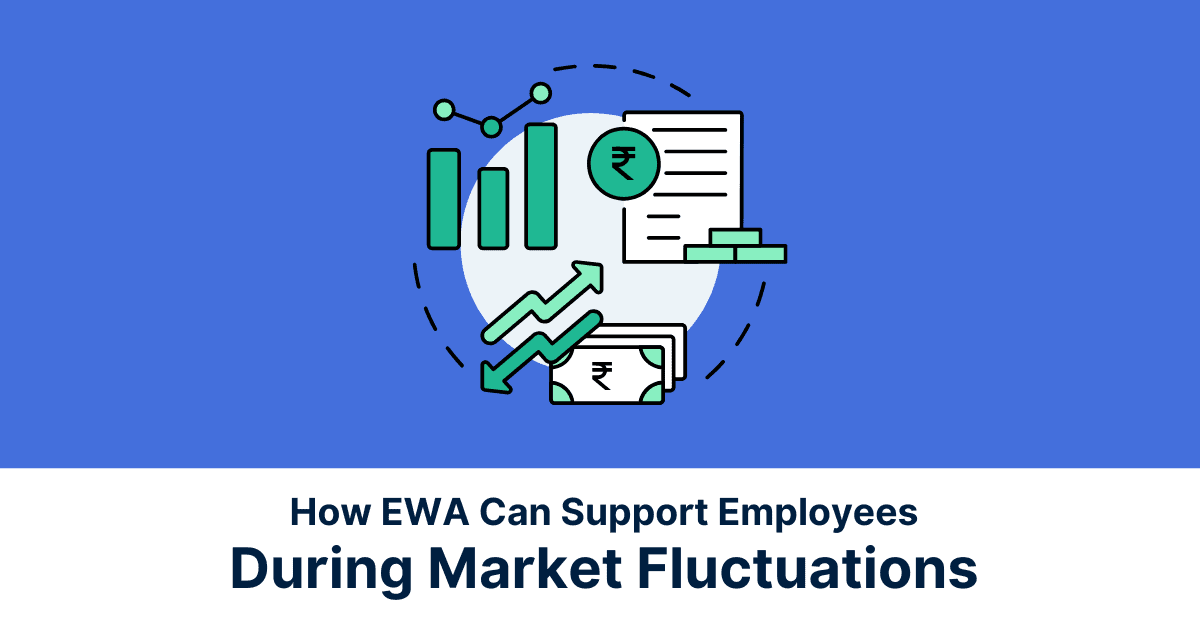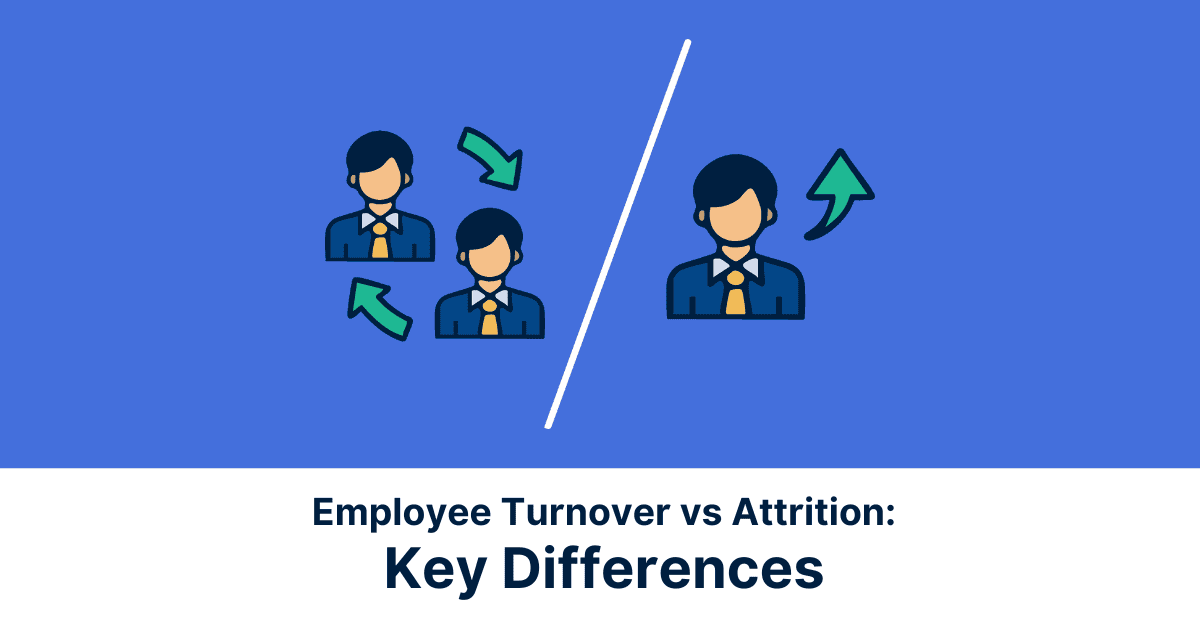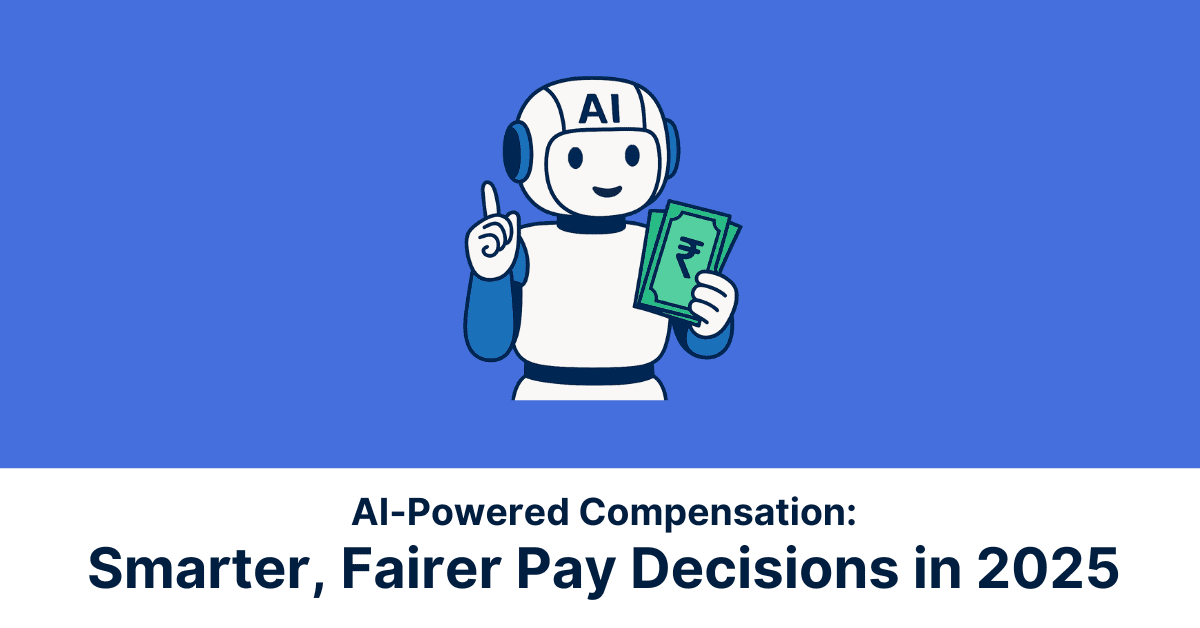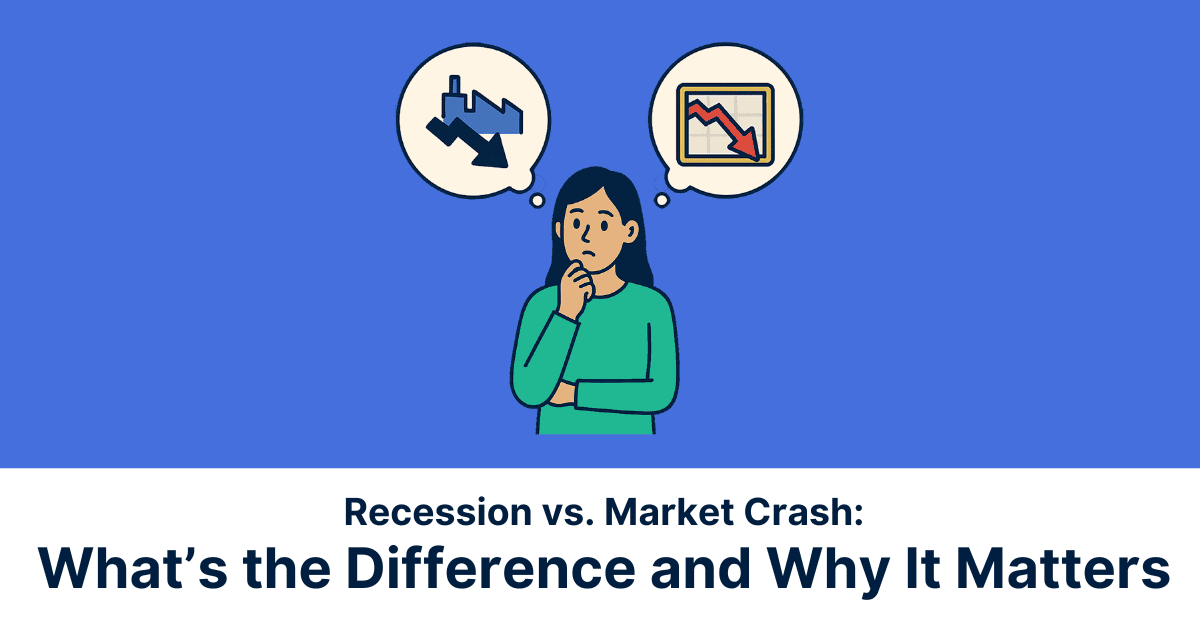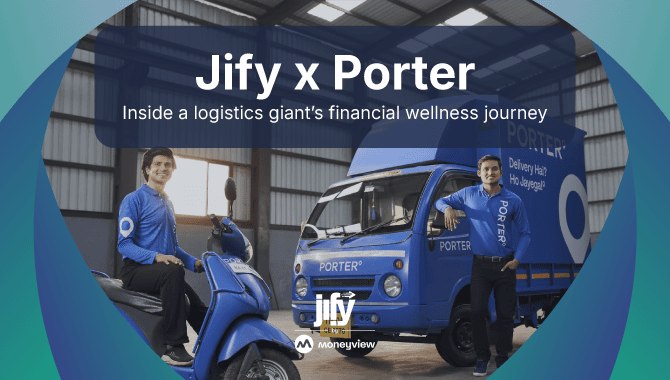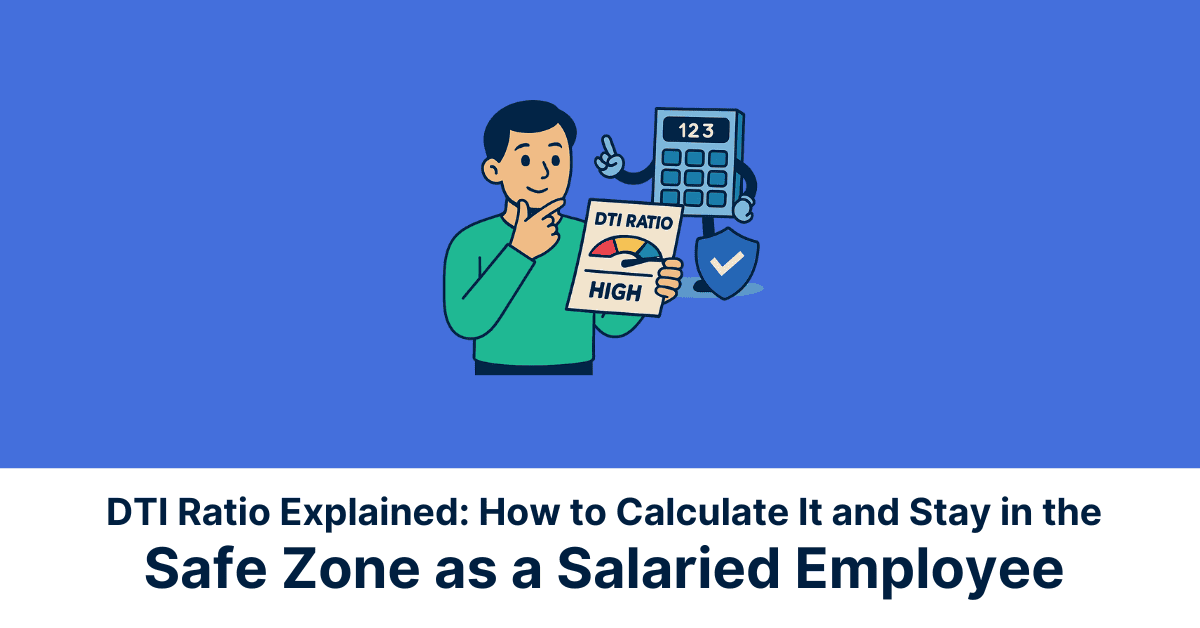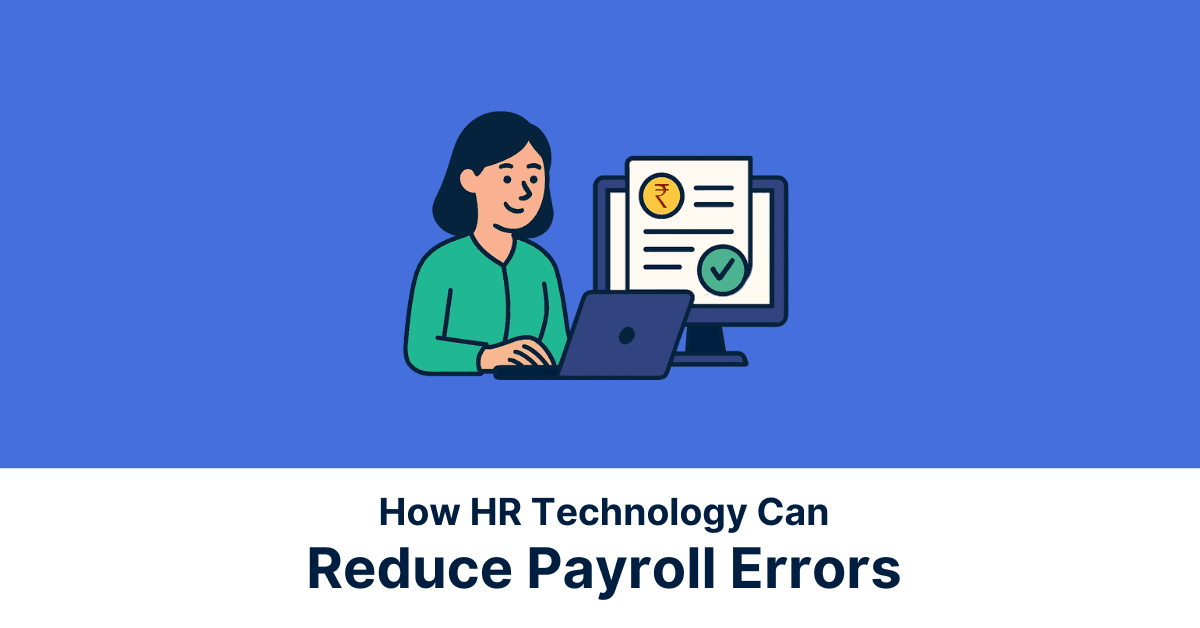The past few years have significantly transformed the way businesses operate. Rapid lifestyle changes, rising living costs, and the lingering effects of the COVID-19 pandemic have left both businesses and employees striving to regain stability. According to PwC’s employee wellness survey, 47% of employees acknowledge financial stress as a major issue in their lives. With the average wage in India standing at ₹25,000 per month, many workers face intra-month financial challenges, making it difficult to live comfortably paycheck to paycheck or build substantial savings.
Recognising this, businesses are increasingly adopting Earned Wage Access (EWA) solutions to empower employees with early access to their earned wages. This innovative approach addresses the financial gaps traditional payroll systems cannot, providing employees with a safety net during economic fluctuations.
In this article we explore how EWA can act as a financial safety net during market fluctuations, empowering employees to meet their financial needs without resorting to high-interest loans or credit. By supporting employees’ financial wellness, businesses can build resilience and maintain a motivated workforce, even in challenging economic climates.
Understanding Market Fluctuations
Market fluctuations refer to the ups and downs in economic activity, often reflected in stock market indices, interest rates, and currency exchange rates. These fluctuations can be caused by various factors, including economic indicators, geopolitical events, natural disasters, and investor sentiment.
Recent years have witnessed significant economic volatility, such as the COVID-19 pandemic, global supply chain disruptions, and geopolitical tensions. These events have had a profound impact on economies worldwide, leading to market uncertainty and increased risk.
Market fluctuations can have far-reaching consequences for the overall economy. During periods of economic downturn, businesses may reduce hiring, investment, and production, leading to job losses and decreased consumer spending. Conversely, periods of economic expansion can stimulate growth, job creation, and increased consumer confidence.
The unpredictability of economic markets is a constant challenge for businesses and individuals alike. Economic forecasts are often subject to significant error, making it difficult to anticipate future trends. This uncertainty can make it challenging to make informed financial decisions and can lead to increased risk aversion.
Impact of Market Fluctuations on Financial Stability
Market fluctuations can significantly disrupt financial stability, both for individuals and businesses. In India, the challenge of inflation became even more pronounced as average salary hikes were projected to drop to 9% in 2024, according to a Deloitte survey. In the relatively affluent IT sector, salary increments have fallen to single digits after two consecutive years of double-digit growth, as highlighted in a TOI report. For the 2023-24 financial year, major companies like Infosys, TCS, and Wipro had announced modest pay raises, driven by reduced discretionary spending from clients and economic uncertainties prompting greater caution.
Let’s delve into how these fluctuations are influencing employees and households:
Job Security Concerns
Economic downturns often lead to reduced business revenues, prompting companies to cut costs through layoffs, hiring freezes, or reduced working hours. This uncertainty can create anxiety among employees, impacting productivity and long-term career planning.
Rising Costs of Living
Inflation, a common outcome of market volatility, drives up the prices of essential goods and services, from groceries to housing. Employees find their purchasing power eroded, making it challenging to maintain their standard of living.
Reduced Access to Credit
During times of economic instability, lenders typically adopt stricter credit requirements, making it harder for individuals to secure loans or credit lines. This limits access to funds for emergencies or investments, increasing financial vulnerability.
Increased Financial Stress
The cumulative effect of job insecurity, rising costs, and reduced credit access can lead to significant emotional and mental health challenges. Employees facing financial strain may experience heightened stress levels, potentially affecting their workplace performance and overall well-being.
Understanding these impacts highlights the need for proactive financial solutions to support employees during periods of economic uncertainty.
The Role of EWA in Financial Stability
1. Immediate Access to Earned Wages
Earned Wage Access (EWA) allows employees to access a portion of their earned wages before their scheduled payday, offering financial flexibility when needed. This on-demand salary access helps individuals manage unexpected expenses without waiting for the traditional payroll cycle.
The benefits are significant—EWA reduces the stress of cash flow shortages and empowers employees to handle emergencies, such as medical bills, car repairs, or urgent household expenses. For instance, a worker facing a mid-month medical expense can use EWA to cover costs without resorting to high-interest loans. This flexibility improves financial security and helps employees remain productive and focused at work.
By offering immediate access to wages, EWA bridges the gap between financial needs and payday, providing a practical solution for managing life’s uncertainties and reinforcing financial stability for employees across industries.
2. Mitigating the Impact of Economic Downturns
During economic downturns, unexpected expenses like medical emergencies, home repairs, or rising costs can strain employee finances. EWA acts as a lifeline, enabling employees to access earned wages promptly and handle these situations without financial disruption.
One of the key advantages of EWA is its ability to reduce reliance on high-interest loans or credit during challenging times. For example, during the COVID-19 crisis, many companies offering EWA reported reduced financial stress among employees who used it to cover essential expenses like groceries and utility bills.
EWA also helps stabilize financial well-being, ensuring employees can navigate periods of economic instability with greater confidence. Thus EWA proves to be an invaluable tool in mitigating the financial impact of downturns and building resilience among the workforce.
3. Reducing Dependency on High-Interest Loans
High-interest loans, such as payday loans or excessive credit card debt, often trap individuals in a cycle of financial strain due to their exorbitant fees and rates. Employees relying on these solutions to meet immediate cash needs may face long-term financial consequences, including growing debt burdens and damaged credit scores.
EWA offers a safer alternative by providing access to already-earned wages without any interest or hidden charges. Employees can use EWA to cover short-term needs without taking on additional debt, breaking the cycle of dependency on predatory lending.
The long-term benefits are clear—avoiding high-interest debt leads to improved financial health, reduced stress, and increased savings potential. Empowering employees with timely access to their earnings not only only addresses immediate financial challenges but also enables sustainable financial well-being over time.
How EWA Enhances Employee Wellbeing
1. Promoting Financial Literacy
Earned Wage Access (EWA) can be complemented by financial literacy initiatives to maximise its impact. By offering educational resources, such as budgeting tools, savings trackers, and financial planning guides, EWA programs encourage employees to develop better money management habits.
Many EWA platforms include apps with built-in features for tracking expenses, setting savings goals, and creating personalised budgets. These tools empower employees to make informed financial decisions, reducing the risk of overspending and promoting long-term financial health.
For example, employees using EWA alongside budgeting apps report greater control over their finances, resulting in fewer instances of financial stress. By coupling immediate wage access with financial education, employers can help their workforce achieve both short-term stability and long-term resilience.
2. Boosting Employee Productivity & Morale
Financial stress can significantly impact workplace performance, leading to distractions and reduced morale. EWA helps alleviate these pressures by providing employees with timely access to earned wages, ensuring they can meet immediate financial needs.
Employees who feel financially secure are more focused, motivated, and engaged at work. This improves productivity while creating a positive workplace environment, leading to greater job satisfaction and retention. Employers benefit from a happier, more committed workforce.
3. Reducing Financial Anxiety
Financial instability is a leading cause of workplace stress, with studies showing that nearly 49% of employees are distracted at work due to money concerns. EWA addresses this by offering a tangible solution to financial challenges, reducing the anxiety associated with delayed paychecks.
Employees benefiting from EWA report feeling more in control of their finances, as they can manage emergencies without resorting to high-interest loans. Testimonials often highlight how EWA improves peace of mind, allowing employees to focus better on their personal and professional lives.
The impact extends to workplace dynamics—reduced financial anxiety correlates with lower absenteeism and turnover rates, creating a more stable and committed workforce. Employers who provide EWA as a benefit not only support employee mental health but also create a work culture that prioritises financial wellness, ultimately enhancing overall organisational success.
Implementing EWA in Your Organisation
1. Benefits of EWA Implementation
Earned Wage Access (EWA) offers organisations a powerful tool for enhancing employee financial stability without straining company resources. By providing employees with access to a portion of their earned wages before payday, EWA helps them manage their cash flow better, reducing reliance on high-interest payday loans or advances. Unlike traditional payday loans, which often trap individuals in a cycle of debt, EWA allows employees to meet financial needs without accruing additional costs.
EWA implementation is also cost-effective for employers. Most EWA programs are structured to avoid burdening the company with additional expenses, as fees are typically covered by the employees using the service or subsidised by the EWA provider. This makes it an attractive benefit to offer while maintaining operational budgets.
Furthermore, EWA has a positive impact on workforce engagement and retention. Employees who feel financially secure are less distracted, more productive, and more likely to stay with an organisation. Compared to traditional payroll advances, EWA is simpler to administer, reducing administrative overhead and improving employee satisfaction. Offering EWA positions companies as forward-thinking employers who care about their workforce’s financial well-being, contributing to a healthier and more motivated workplace.
2. Choosing the Right EWA Provider
Selecting an Earned Wage Access (EWA) provider requires careful evaluation to ensure compliance, reliability, and seamless integration. First, verify the provider’s adherence to local regulations and financial guidelines to avoid legal complications. Assess the provider’s experience and credibility by reviewing their track record and client testimonials.
Ensure the solution integrates smoothly with your existing payroll systems to avoid operational disruptions. Evaluate the costs and fees associated with the service, balancing affordability with value. Robust security measures and data protection policies are critical to safeguard sensitive employee information and maintain trust.
By carefully vetting providers, you can implement an EWA solution that benefits your employees while aligning with organisational goals.
3. Communicating EWA Benefits to Employees
Effectively introducing Earned Wage Access (EWA) to your team requires clear communication and employee engagement. Begin by explaining the purpose of EWA—how it empowers employees to access their earned wages before payday and alleviates financial stress. Highlight the benefits, such as flexibility, reduced reliance on loans, and improved cash flow management.
Develop a communication strategy using multiple channels, such as emails, team meetings, and FAQs, to ensure all employees understand the program. Address common concerns, such as costs, impact on payroll, and privacy, with transparent explanations.
Provide training sessions or guides to familiarise employees with the EWA platform. Offer ongoing support during the rollout phase, including troubleshooting assistance and access to dedicated resources.
Conclusion:
Market fluctuations can have an undeniable impact on employees’ financial stability, affecting their productivity, morale, and overall well-being. By implementing Earned Wage Access (EWA), organisations can provide a practical solution that empowers employees to manage cash flow, reduce reliance on high-interest loans, and alleviate financial stress.
We’ve explored how EWA promotes financial literacy, boosts workplace morale, and supports employees during economic downturns. It’s a cost-effective, secure, and impactful benefit that aligns with organisational goals and enhances workforce resilience.
In uncertain economic times, supporting employees is not just an act of goodwill—it’s a strategic move that strengthens the foundation of your business. HR leaders and business owners are encouraged to explore EWA as a valuable addition to their employee benefits program. Take a step toward building a financially empowered and engaged workforce, creating a positive work culture even amid economic challenges.
*Disclaimer:
The information contained herein is not intended to be a source of advice concerning the material presented, and the information contained in this article does not constitute investment advice. The ideas presented in the article should not be used without first assessing your financial situation or without consulting a financial professional.
